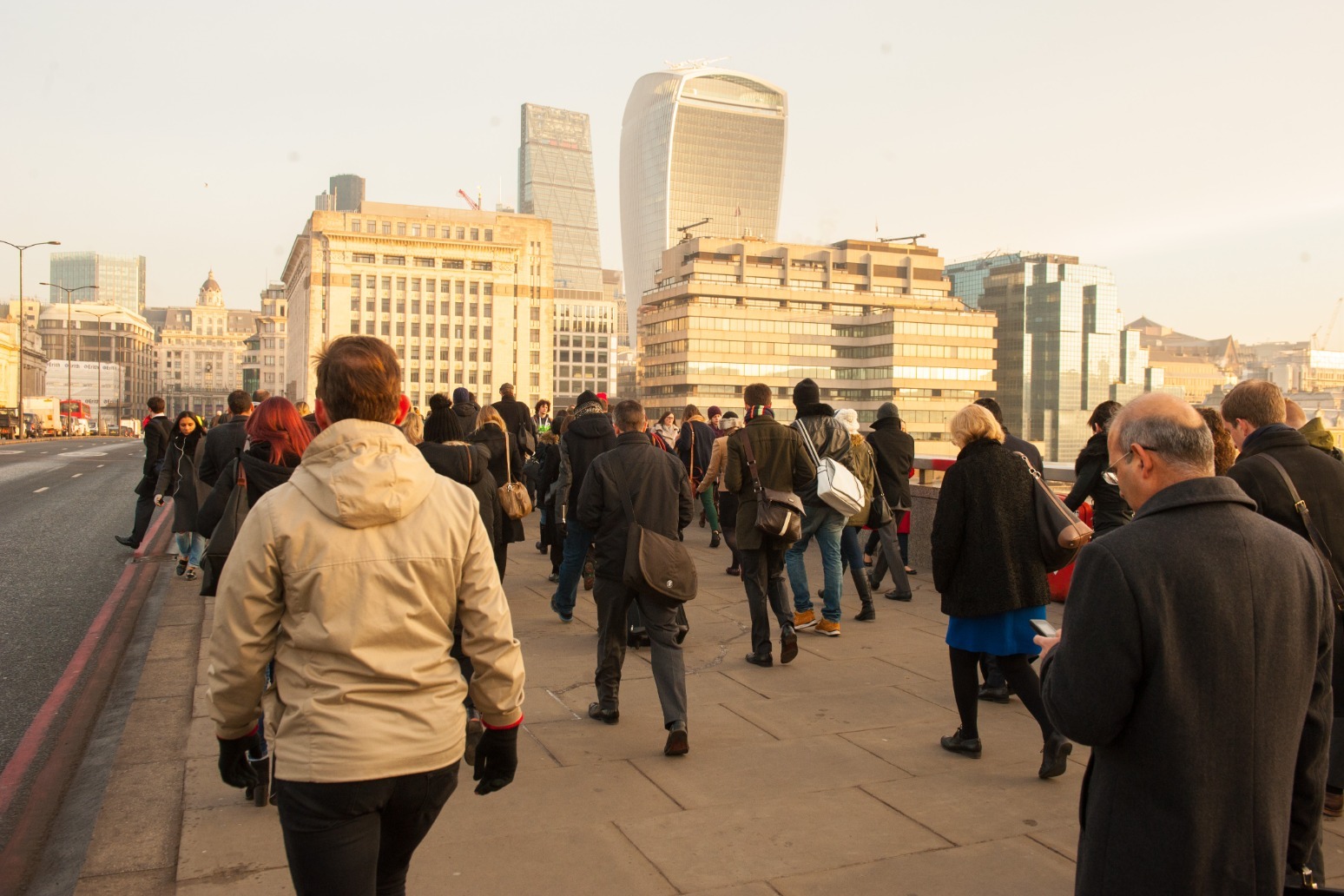
Where people live, work and play has ‘profound impact’ on health – report
Where people live, work, learn and play has a “profound impact” on their health but many environments push them away from healthy choices, according to a new report.
The study, from the Royal Society for Public Health (RSPH), said the places where people spend their time often do not support health and wellbeing
“In fact, it is worse than this,” it added.
“For many people, places actively make them unhealthier – pushing them away from the healthy choices that we all want to make.
“The end result of this is that health has very little to do with conscious decisions but is instead a reflection of the environments in which you spend your time.”
The researchers said it is “absolutely right” that time and energy is spent on helping people to quit smoking, or to take more exercise.
“But we can all recognise that these behaviours do not exist in a vacuum,” the report said.
“Someone who has no access to affordable leisure facilities is always going to struggle to achieve their physical activity goals.
“Somebody who walks past dozens of fast-food outlets on their way home each day is – even with all the willpower in the world – going to struggle to maintain a healthy diet in the way they might want.”
The report also found that wealthier people are more likely to have access to places that make them healthy.
According to a poll of 1,749 people for the study, “those in the top income bracket are twice as likely to say their home has a very positive impact on their health as those in the lowest income bracket, with a similarly sharp gradient when it comes to the impact of workplace”.
RSPH experts called for health to be moved out of the NHS and for the Government to “embed the principles of building health across every part of our society”.
They added: “For national Government, this means embedding a genuine ‘health in all policies’ approach, which not only encourages but requires all of our public services to judge their efforts against the difference they make to people’s wellbeing.
“For local areas, it means tailoring solutions based on the needs of their communities, but with a relentless focus on how to improve outcomes for those who most need change.
“For the private sector, it means recognising that a happy, healthy population is not a nice-to-have but an essential part of their success – and that they should invest accordingly.”
The survey accompanying the report found only one in eight people think their workplace is very good for their health and wellbeing, while 17% said their local high street has a fairly or very negative impact on their and their family’s wellbeing.
Furthermore, 9% of people with children under 18 said nursery, school or college had a fairly or very negative impact on their and their family’s wellbeing.
William Roberts, chief executive of the RSPH, said: “If the Government is serious about turning the rhetoric around health prevention into reality, it needs to think beyond the NHS.
“Put simply, we need to meet people where they are. In practice this means using the places we all spend time in to become facilitators of better health and wellbeing, rather than barriers.”
The Department of Health has been approached for comment.
Sarah Sleet, chief executive of Asthma and Lung UK, said: “Disparities in income have a huge impact on someone’s lung health.
“People from the poorest communities are five times more likely to die from chronic obstructive pulmonary disease (COPD) and three times more likely to die from asthma compared to those living in the richest areas.
“The UK has the worst death rate in Europe for lung conditions and they are more closely linked to poverty than any other major condition, partly because people in poorer communities are more likely to smoke, breathe in toxic air, and live in damp, poor quality housing.
“The sad fact is that inequality runs like a poisonous thread through lung health, which is why the Government must prioritise respiratory care in the new 10-year health plan for the NHS.”
Published: by Radio NewsHub